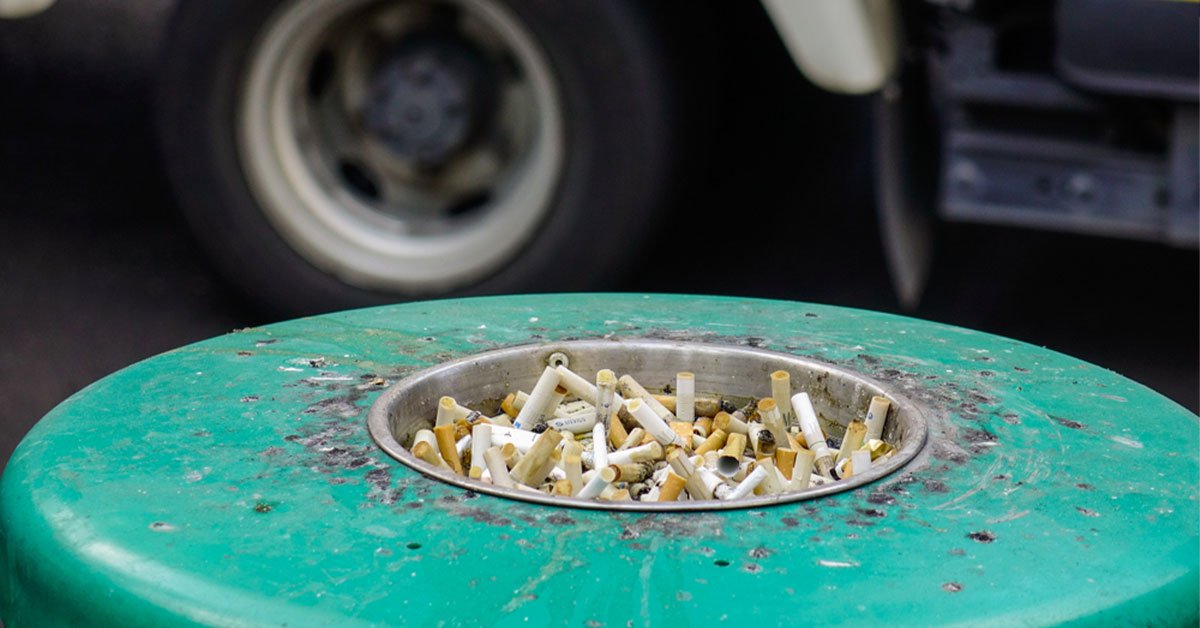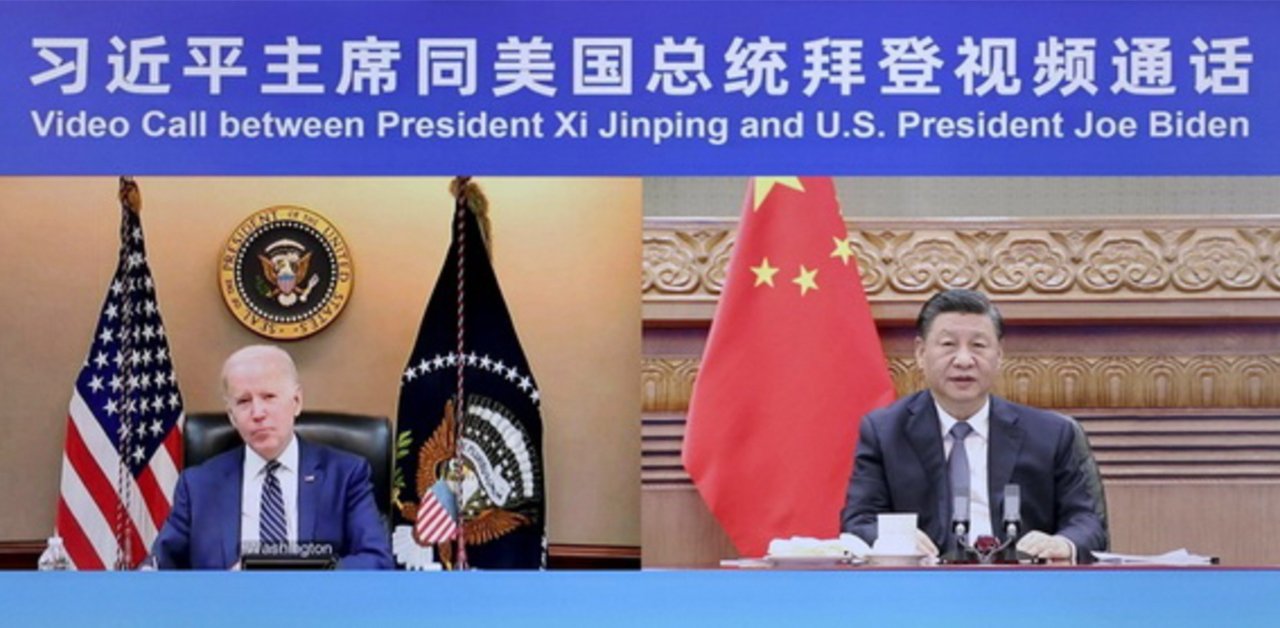Do you think that it’s okay to smoke in public spaces? The general consensus is no as can be seen by the numerous bans, but of course, most smokers might think otherwise.
The fact of the matter is that it has been proven that secondhand smoke contains more harmful substances than the actual smoke inhaled by smokers because there is no filter it must pass through.
I personally think it’s up to smokers to be mindful when they’re smoking especially when there are young children around. Otherwise, it’s up to them really.
However, Malaysia is taking a harder stance against it.
Smoking Ban in M’sia Eateries To Be Enforced Strictly From 1 Jan 2020 With No Chance Given
Malaysia’s Health Ministry has announced that it will fully enforce the smoking ban at all eateries starting 1 January 2020.
This comes after the High Court ruled that such a ban does not breach people’s right to liberty and equality.

Health Minister Datuk Seri Dr Dazulkefly Ahmad said that they will take stringent measures to protect the health of the general public.
“The education period ends 31 Dec, and enforcement starts 1 Jan,” he said in a statement.
This means that those who anyhowly violate the ban can be fined RM10,000 (~S$3,274.01) or jailed for up to two years.
Non-Smokers Were At Risk If Exposed To Passive Smoking
Dr Dazulkefly emphasised that smoking is hazardous to health for both smokers and non-smokers.
Just to reiterate, all eateries will uphold this ban.
However, not everyone is in favour of this ban. A group of seven individuals representing Pertahankan Hak Perokok (PHP) committee filed a judicial review on 29 February.
They claimed that the ban breached articles in the Federal Constitution pertaining to the people’s right and equality before the law.
They also challenged the Health Ministry saying that smoking is not listed as a criminal activity and is not a forbidden act in the eyes of the law.
However, the judicial review was dismissed nonetheless.
Judge Mariana Yahya said that the ban which required that smokers keep a minimum of three metres from a food outlet’s table and chairs did not stop them from having the freedom of choice.
What do you think?



